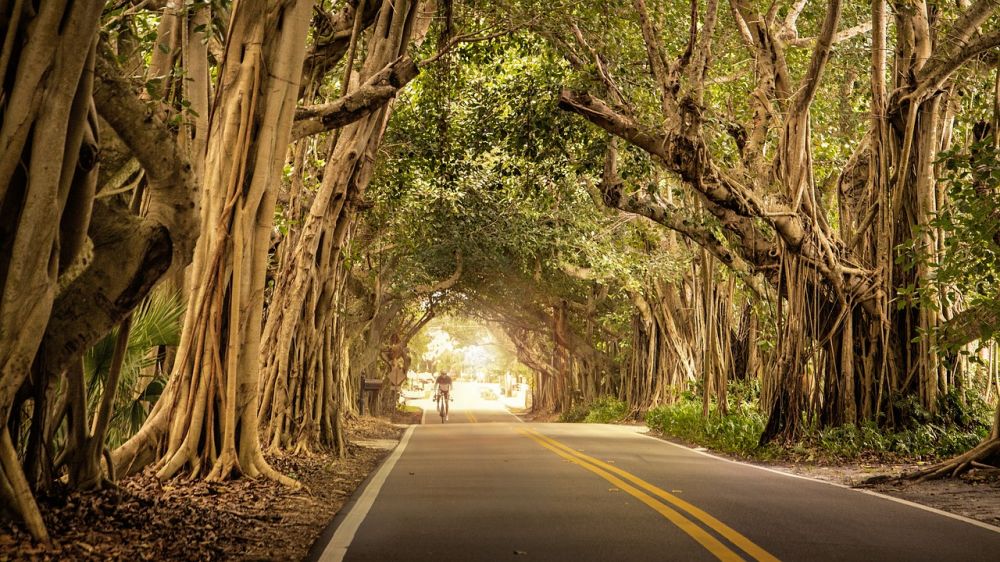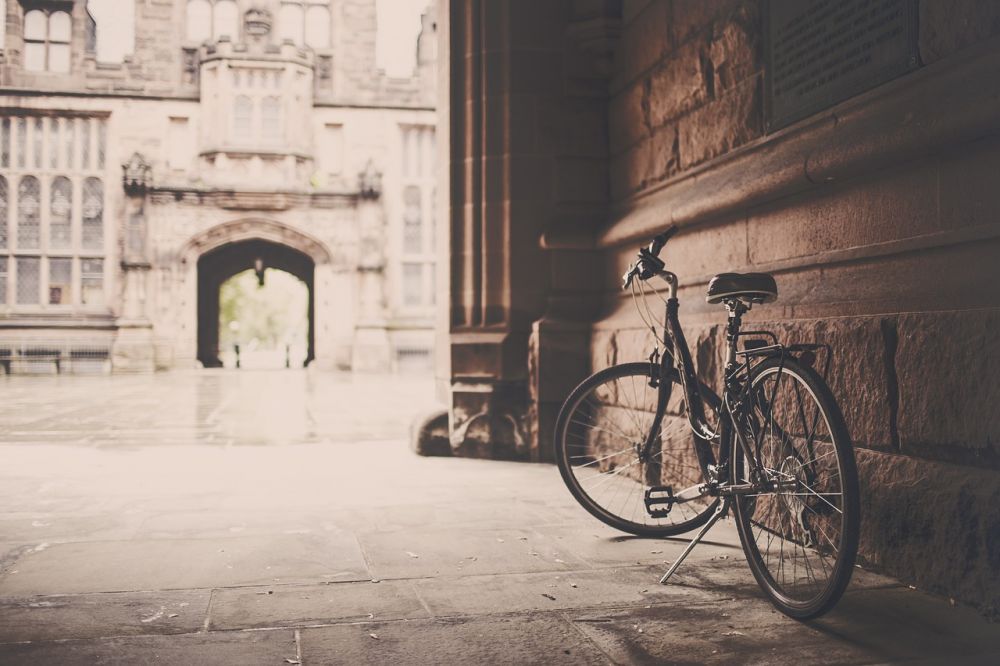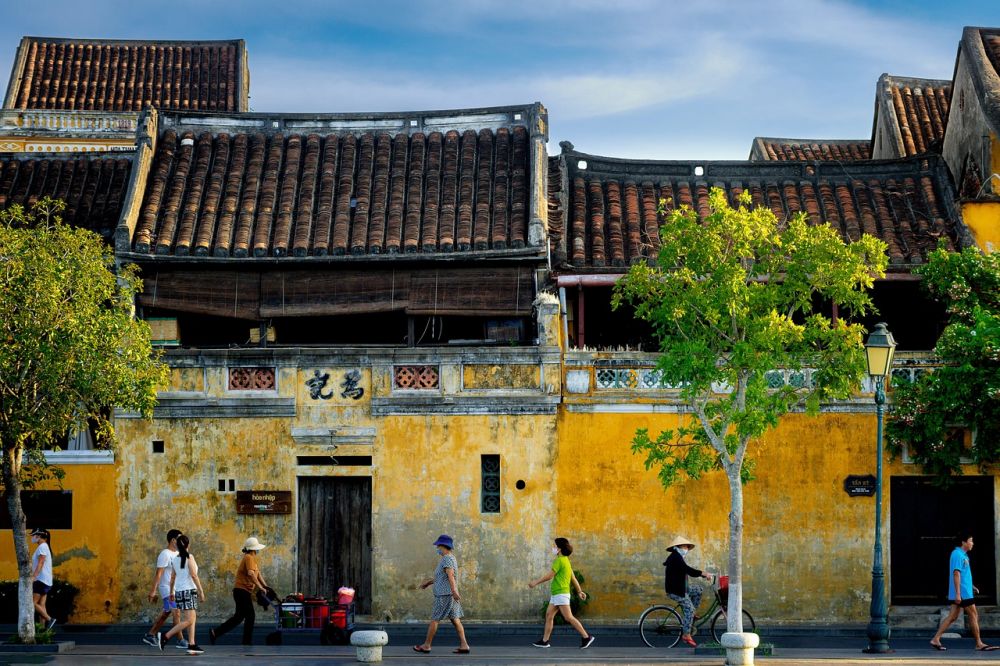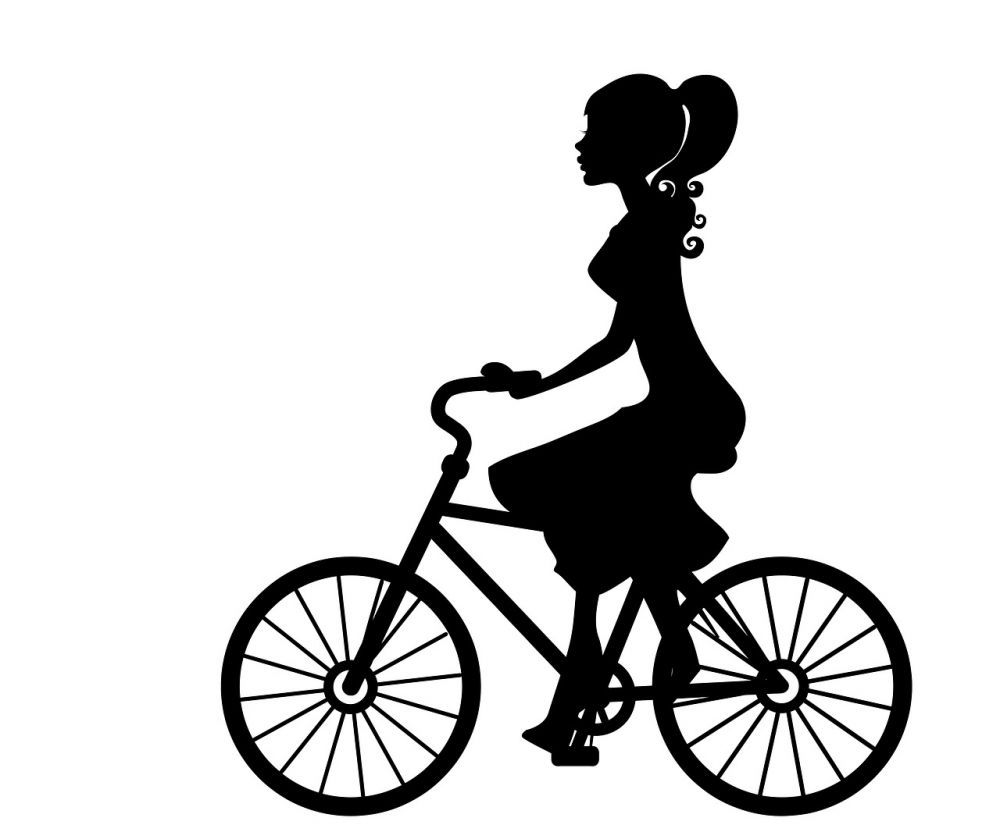Tour de France Start: A Grand Event for Sports and Leisure Enthusiasts
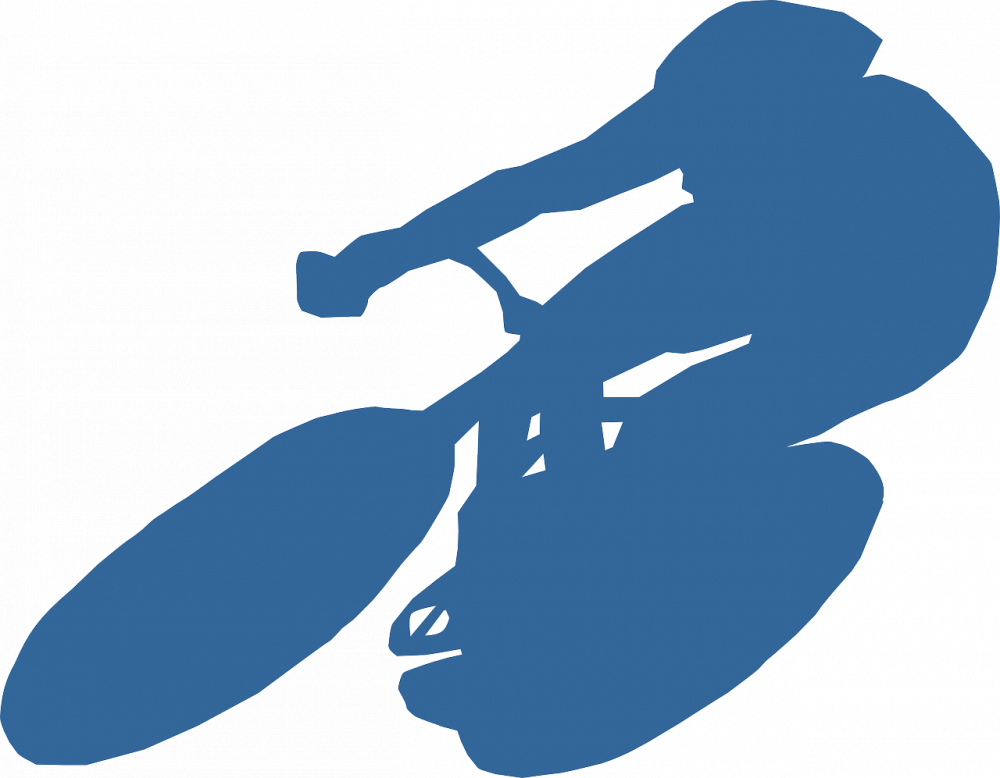
Introduction:
The Tour de France is an internationally acclaimed road cycling event that captivates the hearts of sports and leisure enthusiasts around the world. Every year, this prestigious race brings together elite cyclists from various countries to compete for the coveted yellow jersey. In this article, we will delve into the intricacies of the Tour de France start, providing a comprehensive overview of what it entails and what is important for those who are interested in this event.
What is the Tour de France Start?

The Tour de France start marks the beginning of this iconic cycling race. It is the grand ceremony that inaugurates the competition, where riders embark on their journey to conquer mountains, navigate challenging terrains, and sprint towards the finish line. This remarkable event is not only a test of physical endurance, but also a celebration of human determination, athleticism, and teamwork.
Historical Evolution of the Tour de France Start
:
The Tour de France start has transformed over time, adapting to the changing needs and demands of the sport and its fan base. Initially, the race started with a small gathering of riders in Paris, before gradually expanding to include prologue stages in other cities. It then evolved into a multi-stage event, with exciting departures from different regions of France, providing a platform for local communities to showcase their culture, landmarks, and hospitality.
Key Points in the Historical Development:
– Inception and Early Years
: The first Tour de France start took place in 1903, with just 60 participants. The event was organized by the newspaper L’Auto as a means to boost circulation and showcase the beauty of France. It consisted of a single stage race, spanning over six stages.
– Expansion
: As the race gained popularity, organizers introduced departures from cities other than Paris. This not only increased the diversity of the tour but also generated economic benefits through tourism and local business activities.
– Innovative Formats
: Over the years, organizers experimented with various formats, including prologues, team time trials, and individual time trials, to add excitement and challenge for riders and fans alike.
– International Launches
: Recognizing its global appeal, the Tour de France start expanded beyond national borders. International departures, such as Brussels, London, and Düsseldorf, brought the Tour to new audiences and enhanced its international prestige.
– Festive Atmosphere
: The Tour de France start has embraced the concept of spectacle, creating a festive atmosphere with parades, music, cultural events, and fan engagement activities. This has further cemented the race’s status as a major sporting and leisure event.
Featured Snippet-Worthy Structure:
To ensure maximum visibility in Google search results, this article employs a well-structured format, increasing its likelihood of being featured as a snippet. Here, we outline the key headings for your convenience:
Introduction to the Tour de France Start
Historical Evolution of the Tour de France Start
– Inception and Early Years
– Expansion
– Innovative Formats
– International Launches
– Festive Atmosphere
Conclusion:
The Tour de France start is not just a cycling race; it is a symbol of passion, endurance, and unity. Through its historical evolution, this event has grown to encompass not only the thrill of competition but also the celebration of French culture and international collaboration. As sports and leisure enthusiasts, we eagerly anticipate the Tour de France start each year, knowing that it will bring us closer to witnessing the triumph of the human spirit. So, get ready to cheer for your favorite cyclists as they embark on this incredible journey, leaving us in awe of their strength, perseverance, and determination.
